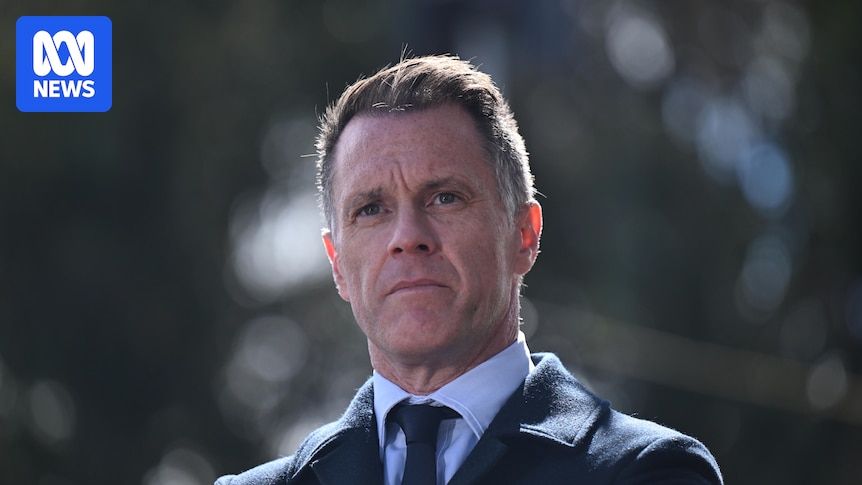
New South Wales Premier Chris Minns has declared the battle over controversial workers’ compensation reforms “over” after a significant component of the legislation was defeated. The Labor government had been attempting to pass the reforms for six months, but after a marathon 16-hour debate in the upper house on Thursday, the impasse remained unbroken.
The proposed reforms aimed to reduce the cost of the workers’ compensation scheme and control insurance premiums by raising the “whole person impairment” threshold. Initially, the government sought to increase the threshold for lifetime payments for psychological injuries from 15 percent to 31 percent. However, a compromise of 28 percent, suggested by crossbenchers including Sydney MP Alex Greenwich and independent Taylor Martin, was backed by Treasurer Daniel Mookhey.
In a surprising turn of events, Mr. Martin later announced on the parliamentary floor that he would support amendments proposed by the opposition, withdrawing his support for the crossbench compromise. “This will come as news to many,” he stated, criticizing Labor MPs who had promised to support injured workers during the last election. “If the Labor government really needs to take away workers’ compensation to plug the holes in its budget, it should take that to an election and seek that mandate from the public,” Mr. Martin added.
Government Faces Legislative Setback
Premier Minns, when questioned by the ABC about the possibility of further concessions, responded, “It’s over.” He acknowledged the parliament’s decision and noted the likely increase in premiums. “Part of the bill’s passed … that’s good news. But at this point, with the parliamentary year over and premiums having to go out the door soon, I can’t offer any more false hope,” he remarked.
During a session that extended until approximately 6 a.m. on Friday, the upper house passed a reduced version of the bill, with the Coalition successfully removing the proposed changes to impairment thresholds.
Opposition Claims Victory for Injured Workers
Shadow Treasurer Damien Tudehope hailed the outcome as a victory for seriously injured workers. “How is it that you attack people who have suicidal ideation and self-harm ideation and think that that’s a good idea for the purposes of making savings to a workers’ compensation scheme?” he questioned.
“There is ample evidence to show that there is no need, no need to raise premiums and to attack the not-for-profit sector and small businesses,” Mr. Tudehope asserted.
He emphasized that the parts of the legislation that did pass would still result in substantial cost savings.
Business Concerns and Future Implications
With the legislation now returning to the lower house, the government faces a decision on whether to allow the amended bill to become law. A spokesperson for the premier stated that the government was still considering whether to reintroduce changes to impairment thresholds before the parliamentary year concludes.
Business NSW CEO Daniel Hunter expressed concern over the uncertainty facing businesses. “Businesses cannot go into Christmas with the threat of a 36 percent increase in workers’ compensation premiums hanging over their heads,” he warned, noting that “one in five said they would be forced to shut.”
Meanwhile, NSW Nurses and Midwives’ Association assistant general secretary Michael Whaites expressed relief at the bill’s current form following the overnight debate. “Doing a reform whilst injuring workers, further injuring workers, is not the way to go. So we’re glad the bill hit the impasse that it did last night,” Mr. Whaites commented, urging the Labor government to “take a breath and do this work properly.”
Historical Context and Expert Opinions
The debate over workers’ compensation reform in New South Wales is not new. Historically, attempts to balance the financial sustainability of the scheme with adequate support for injured workers have been contentious. Experts argue that while cost control is necessary, it should not come at the expense of vulnerable workers.
Dr. Sarah Johnson, a labor economist, noted, “The challenge lies in finding a middle ground where the scheme remains financially viable without stripping essential protections from workers who need them most.”
As the government contemplates its next steps, the broader implications for workers, businesses, and the political landscape in New South Wales remain uncertain. The outcome of this legislative battle may well influence future policy decisions and electoral dynamics in the state.






